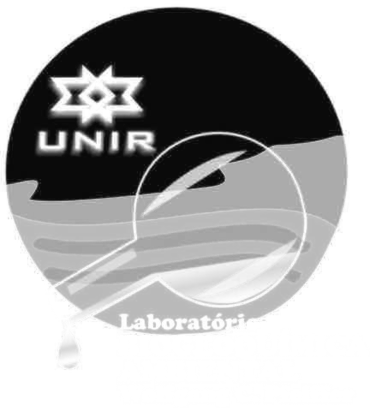Publicações 2007
Breastfeeding, Ethylmercury, Neurodevelopment, Thimerosal, Vaccines
ARTIGOS & PERIÓDICOS
Time of perinatal immunization, thimerosal exposure and neurodevelopment at 6 months in breastfed infants
Rejane C Marques, José G Dórea, Angelo G Manzatto, Wanderley R Bastos, José V E Bernardi, Olaf Malm
Abstract: Aim: Brazilian newborns immunized with hepatitis-B (thimerosal containing vaccine, TCV) receive the first dose within 24 h if delivered in public hospitals, but at a later time if born in private hospitals. We compared neurodevelopment (ND) in infants born in a state hospital (immunized within 24 h) and in privately run hospitals (immunized 2-4 days postnatally).
Methods: We used the Gesell Developmental Schedules in 82 healthy exclusively breastfed infants at 6 months to assess motor skills, language development, comprehension capacity and social skills.
Results: Compared to the group immunized 2-4 days after hospital discharge, the group immunized within 24 h showed no significant difference in ND delays. Despite the variation in gestational age (range 36-42 weeks) and TCV-ethylmercury (EtHg) dose (5.7-11.3 microg Hg/kg b.w.) at birth, time of exposure to TCV showed no significant association with ND. Gesell Developmental Score was not significantly correlated with total parenteral EtHg/unit of body mass neither with the relative increase in hair-Hg (as an additional challenge to prenatal Hg exposure).
Conclusion: In breastfed infants, differences in early exposure to TCV-EtHg cannot portend clinical neurodevelopment delays at 6 months. We speculate that breastfeeding remains a significant strategy to improve central nervous system protection of infants facing early exposure challenges.





